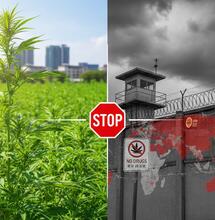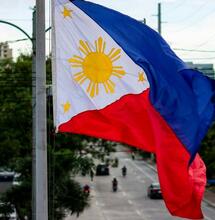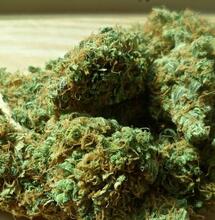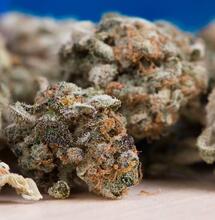Thailand's Smuggled Weed Problem
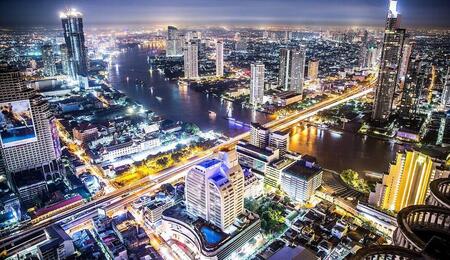
Thailand removed cannabis from the list of banned substances in 2022, which has led to a booming local weed scene. Many Thais have built family businesses around cannabis. While the kingdom's authorities are still due to introduce a bill to regulate the sector fully, local entrepreneurs complain that significant chunks of their profits are munched out because of illegal imports from abroad. Namely, weed smuggled from the US sells for lower prices than homegrown buds.
Thailand's move to decriminalize weed was ground-breaking, making the kingdom the first in Asia to abandon tough policies on cannabis. Even without full regulation in place, the Thai Chambers of Commerce estimates that the cannabis industry generated about 40 billion baht (US $1.2 bn) for the local economy last year, 2022. And this figure could be much bigger.
However, a year into decriminalization, local growers and sellers raise issue that illegal trade siphons part of their profits. Smuggled weed from the US and other countries reportedly sells for lower prices than cannabis cultivated at home.
Cannabis entrepreneurs in Thailand say that foreign dealers approach local dispensaries in the big cities and try to sell cheap smuggled weed that is untaxed and then sold at up to five times its original price. According to a report from Aljazeera, the scheme has been pretty successful, and a lot of dispensaries are pushing low-cost cannabis imported illegally from overseas over domestic strains.
Prices for decent locally grown Thai strains are around 300 baht (US $9) per gram, while imports cost between 150 and 180 baht ($4.50 and $5.30), according to Aljazeera.
Not all smuggled weed is linked to the US, however. Rather, the interests appear to be multinational. Locals say that illegal weed is smuggled into the kingdom through furniture and fruit or vegetable containers.
Recreational cannabis use remains technically illegal under the current laws of Thailand. But business is flourishing thanks to the lack of enforcement and easy access to weed. Cannabis is practically sold everywhere.
In Bangkok, Thailand's capital, there are thousands of spots where one can buy flower or other creative and inventive weed products. Other big cities, such as Chiang Mai and Samut Prakan, each have above hundred locations where people can engage in cannabis transactions.
Weeds from the US usually maintain higher levels of THC than homegrown Thai strains, thus are more attractive to the many tourists that flood the South Asian country. Local weed costs more than cheap imports due to growing expenses, and this is where many local weed entrepreneurs are losing considerable sums of money.
Illegal imports can be blamed on corrupt officials and patchy enforcement. But there's also the lack of comprehensive cannabis bill that will regulate the sector. Like in many other countries in the world, cannabis has become a subject of political opportunism in Thailand, too.
Cannabis helped Thailand bounce back from the pandemic when many lost their sources of income as the country closed to international travel. But with everything said, it's not entirely clear what the future holds. Will authorities make more efforts to tackle organized crime and subdue the black market, supporting domestic trade? Or will they turn their back on local growers and sellers and possibly introduce restrictions? Everyone hopes for the better outcome.





